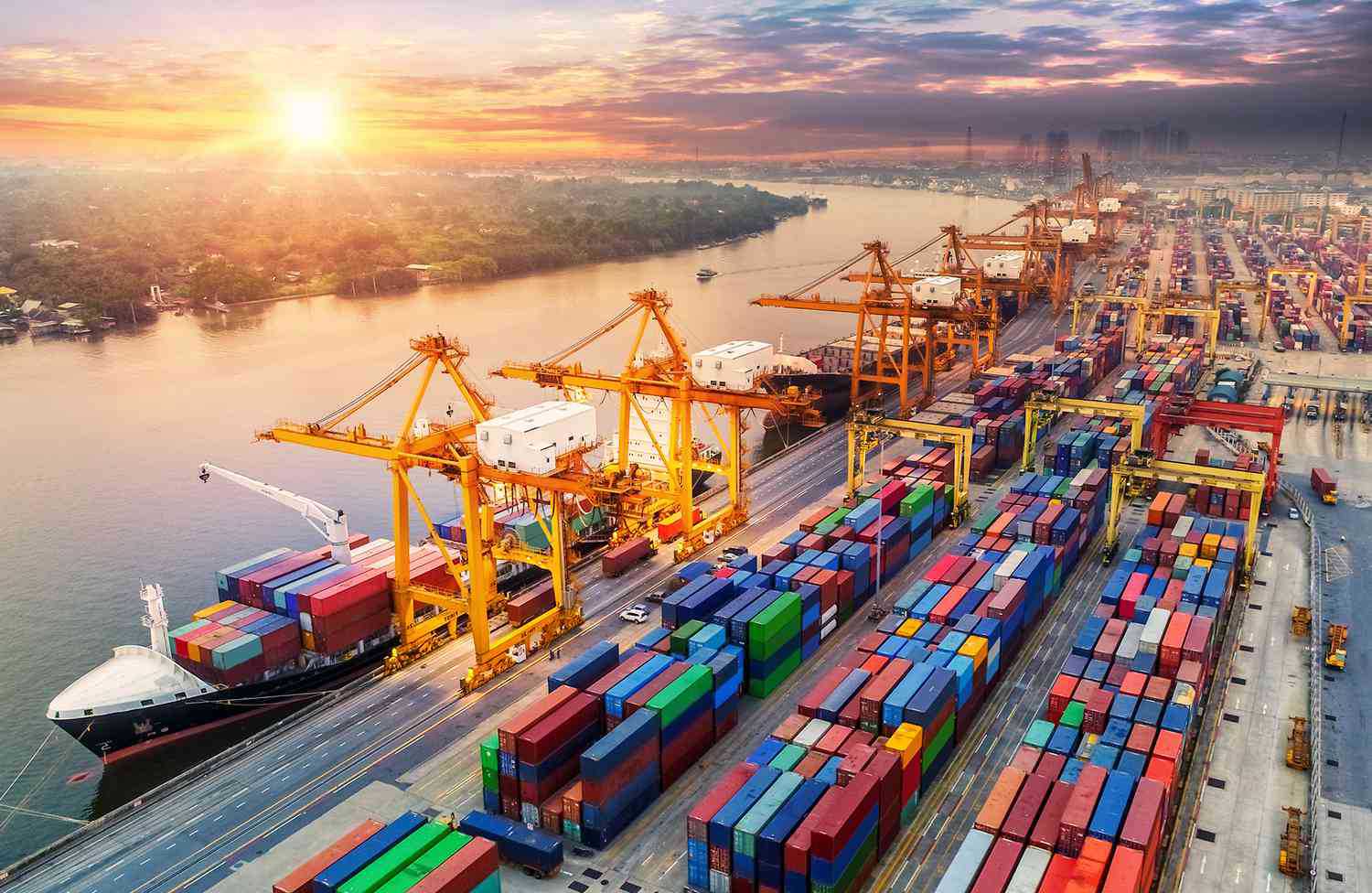Bangladesh exports may face different challenges

Image: Collected
Maintaining trade benefits will be one of the important challenges for Bangladesh after completing graduation from the least developed country in 2027, according to overseas secretary Masud Bin Momen.
The UN Committee for Expansion Plan would hold a meeting of experts with Bangladesh tomorrow for reviewing Bangladesh’s progress on its graduation process.
LDC graduation could have the greatest impact on the country’s exports, estimated at a 14-per cent decline, according to a global Trade Organisation file for 2020.
Around 70 % of Bangladesh’s export is conducted in preferences given by some developed and developing nations under the LDC criteria.
‘We expect that Bangladesh would encounter all three requirements for graduation found in the next triennial review this season for graduating from the position of LDC,’ the foreign secretary told New Get older on Sunday, adding that, this graduation may bring new issues for the country found in receiving trade benefits in major export destinations.
Bangladesh met all 3 graduation standards - per capita income, economical vulnerability index and human being development index - within the last triennial review in 2018.
You will find a three-year transition period before the actual graduation.
The UN is expected to get an announcement on February 24, 2021 declaring Bangladesh qualified to receive graduation from the LDC.
Bangladesh maintains progress in attaining the thresholds in all three graduation criteria set by the UN with current per capita money $1,827 while the threshold is $1272, 27 out of 32 or below in monetary vulnerability index and 75.4 in the human expansion index as the threshold is 66, officials said.
European Union officials in Dhaka said that you will find a three-year changeover period from the graduation eligibility to the actual graduation.
In addition, exceptional extensions are allowed according to the average person circumstances of graduating LDCs, offering the particular countries to get ready strategies and engage with development partners to ensure smooth integration into the global economy following graduation.
Bangladesh enjoys preferential treatment including duty-free and quota-free access found in the EU under the ‘everything but arms’ initiative, and, found in Canada, Japan and the US, under their respective GSP schemes.
Bangladesh also enjoys preferential market access in such different industrialised countries seeing as Australia and in some developing countries, including China, India and the Republic of Korea, under RTAs and bilateral initiatives.
All these schemes are non-reciprocal found in the feeling that Bangladesh isn't expected to offer preferential usage of products while it began with the preference-giving countries found in response to the give made to it as an LDC.
Preferential market access in these countries is going to be of distinctive significance to Bangladesh as formulated country markets account for about 90 per cent of Bangladesh’s total exports, government specialists said with regards to the WTO.
Bangladesh is likely to seek an expansion to the transition period from three years to five years seeing as safeguards as the united states is facing economical challenges, including a reduction in export globally amid the on-going COVID-19 outbreak, burden of hosting Rohingyas of Myanmar and adverse impacts of environment change, the official said.
On the external front, there are still woes, including adverse impacts of the pandemic on the environment market and trade, they stated.
Zuena Aziz, chief coordinator on Sustainable Advancement Goals at the Primary Minister’s Office, would lead the Bangladesh area in tomorrow’s ending up in the UNCDP.
Source: https://www.newagebd.net
Tags :
Previous Story
- Cotton import grows despite pandemic
- India lifts ban on onion exports
- Future of export hinges on continuity of EU...
- Bangladesh banks on preferential trade terms to improve...
- 'Bangladesh, India can collaborate to compete globally found...
- Bumpy road awaits exporters
- Cement export revenue falls during 5MFY20-21 in Bangladesh
- Maize grains could be one of Bangladesh’s export...